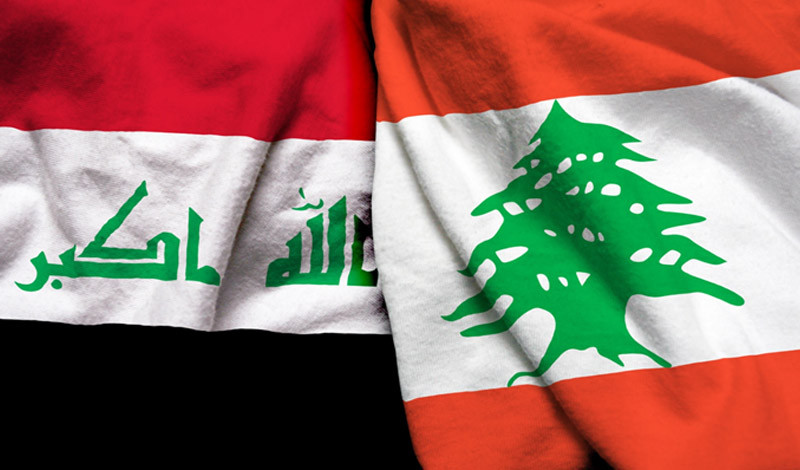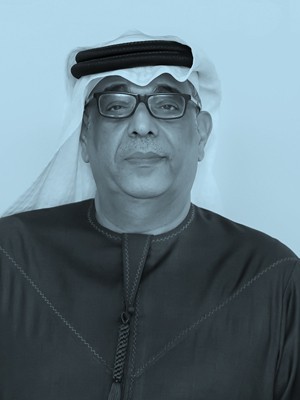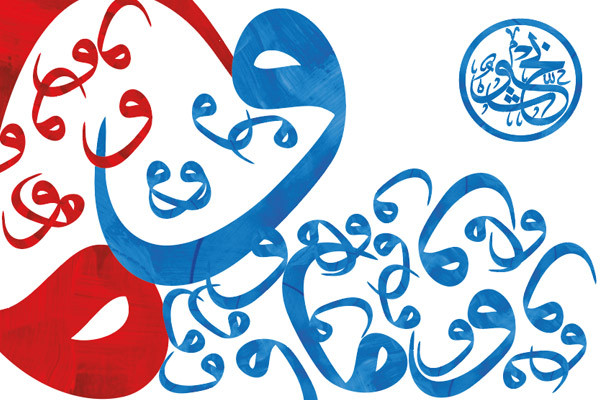Iraq and Lebanon and Prospects for Change
With some differences, there were many similarities between Iraqi protests and the more recent protests that started in Lebanon two weeks ago. The situation in both Iraq and Lebanon is similar not only in the nature of population and diversity of composition, but also in the nature of the political parties, political loyalties and the presence of Iranian influence in both countries.

- by Mohamed Ahmed Yusf Al Obaidly ,
- Wednesday, 2nd September, 2015
In both countries, governments are weak, there is exclusively one armed party and the armed forces of the state and such party are strongly supported by Iran. Despite the controversy over the subordination o Syria, the continued occupation of (Shebaa Farms) by Israel's justified for Hezbollah to keep its weapons after the liberation of southern Lebanon in 2000. In Iraq, a sectarian armed force, called (the national crowd), was formed to fight an emerging enemy (Daash) after it seized the city of Mosul last year. This caused clashes and rejection of reforms issues in both countries due to the refusal of the weaponed party to that efforts.
In Lebanon, Hezbollah has become a tool to exert influence from inside against other political opponents. In Iraq, the youth protests look like an effort to interrupt the way for the formation of a similar force of Hezbollah in Iraq, a powerful armed militia and intended to be an impact and dominance tool in Iraq as well.
The governance and political life in both countries build on sectarian quotas, and the existence of weapons in one party or Sect without the rest of the other communities, resulted in governments fail to manage and play an active role even at the level of everyday life. The political classes in both countries are also similar in their reliance on profiting from the political roles and the lack of real men having long- term national comprehensive visions for the country.
Young people in both countries have risen up out of poor living conditions, and electricity dilemma in Iraq is an answer to what is happening in the country since 2003. Is it a problem that successive governments fail to provide electricity for the country or even to the capital, throughout 12 years? If there is any progress can be monitored in Iraq since 2003, it would be the progress made by Iraq's leaders in the development of their country in the list of the most corrupted countries.
In 2003 Iraq was ranked 113 globally, then (progressed / deteriorated) to the rank 170 in 2014 ranging from fourth to eighth in the list of the most corrupted countries in the world according to reports of Transparency International Organization.
This record of failure is more than enough to answer the question of what was Iraq's leaders are doing for the last twelve years. This record of corruption, has political result expressed in a statement of (Ali Yonsei), adviser of the Iranian President (Hassan Rohani) in March in which he said (Iran has become an empire as it was throughout history and its capital now is Baghdad, which is today our Center of civilization, culture and identity as in the past."
But the demands of the Iraqi and Lebanese protesters quickly evolved up to the dominant political class on political life. If the Lebanese political class capable of absorbing any reform movements as recorded in history of Lebanon, in Iraq it is very dangerous not because it is the first time that accuses the political class which governed Iraq since 2003, but because these protests come from the heart of the public which it is supposed to represent.
In other words, from the heart of the Shiite community itself and this makes it very dangerous in shift in this class who supported by Iran, which explains the division experienced by the parties of the ruling Shiite coalition.
In both countries, the protests appear to eventually challenge Iranian influence and political models that ensure its interests and influence, especially in Iraq. But speculate on the extent to which this protests could reach and the possibility of its durability and ability to achieve real change in the equations will be always linked to the type of force that they own and by which they can impose these changes. The (civil state) and (citizenship) and (equitable distribution of wealth) need not only a government of technocrats, but also a major social force or (a historic bloc) that can impose change.
In fact, the arms and the militia and external influence are key elements in the equation, which means to counter the protests with violence is the biggest possibility, especially in light of the challenges affecting the structure of the state itself, as is the case with the war against (Daesh) and the challenges of the war in Syria and consequently what imposed on Lebanon and its fragile balances. For this, the challenge for young people in the protests does not lie in continuing the protest itself, but in the ability to possess the force to be able to impose these changes.
No armed force but social bloc that can impose these changes demanded by the protesters and on the long term. This seems far-fetched, especially in the presence of social forces lined up behind the political class (with all its corruption) and also taking advantage of the current situation which makes the community division is heading towards the most difficult choices unfortunately.

Mohamed Ahmed Yusf Al Obaidly
Consultant, Regional Affairs (former)
Read More
Areas of Expertise
- Regional Affairs
- Public policy
- Geostrategic Affairs
Education
- Studied Economy & Political Sciences -Cairo University
Bio
With his veteran career in journalism, Al-Obaidly has an extensive, firsthand experience in regional and international affairs. He covered the first and second Gulf War, while also covering Palestinian and Sudanese affairs. In the last decade he started to focus on Political Islam movements.
Al-Obaidly is a regular commentator and columnist, frequently published in local Bahraini media and several others regionallly. He also worked as an editor in the Monthly Le Mobdediplomatique (Arabic Edition) from 2008 – 2010.
These backgrounds and expertise formed a solid base to move to the research and studies field.

